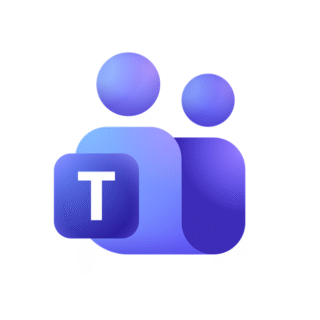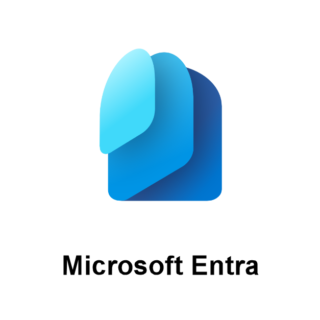Microsoft Defender Tenant Allow/Block List can now block external Teams users and domains
Microsoft has enhanced the Defender Tenant Allow/Block List to support blocking external Teams users and domains, centralizing external access controls across Microsoft 365.





